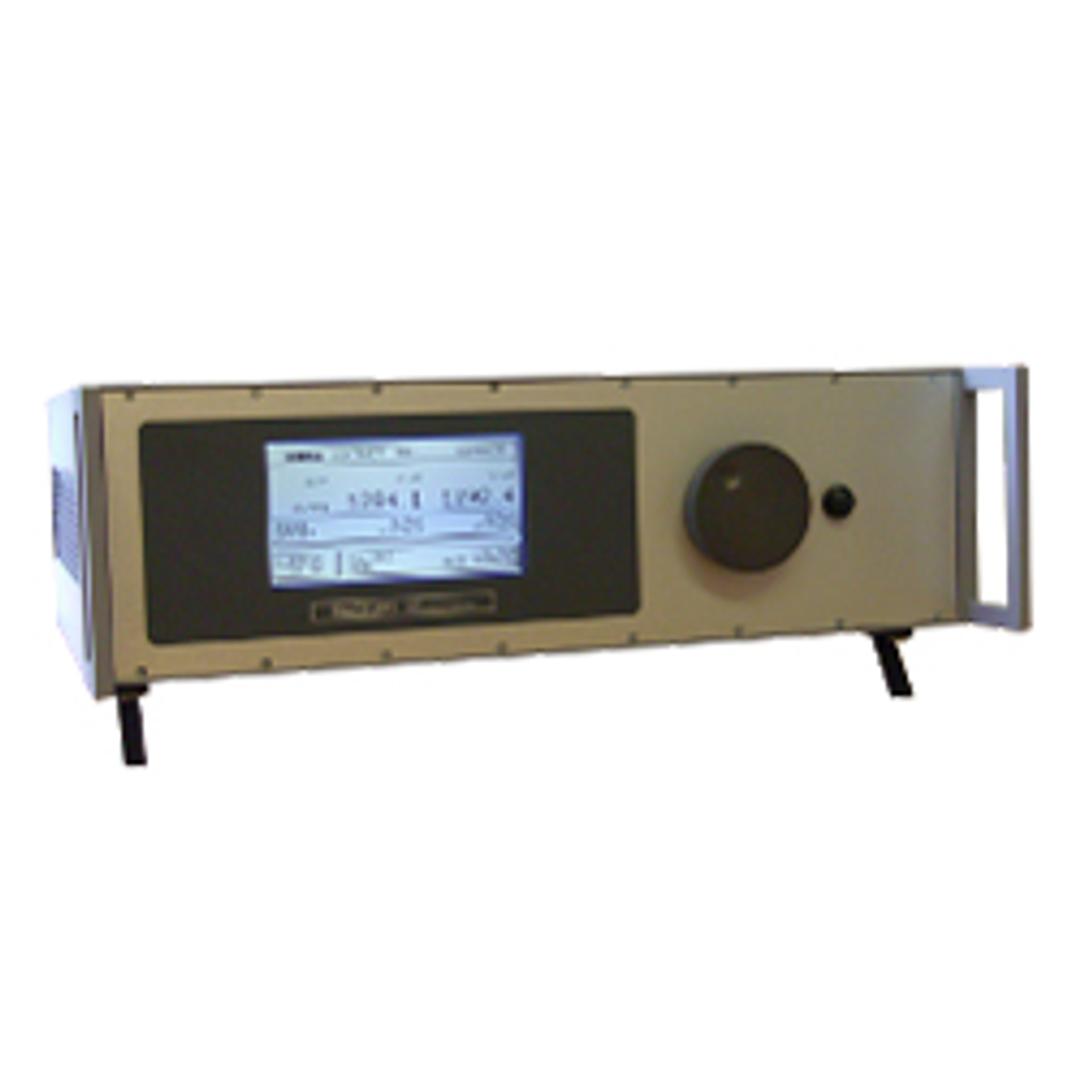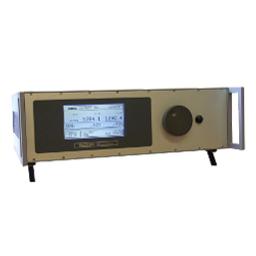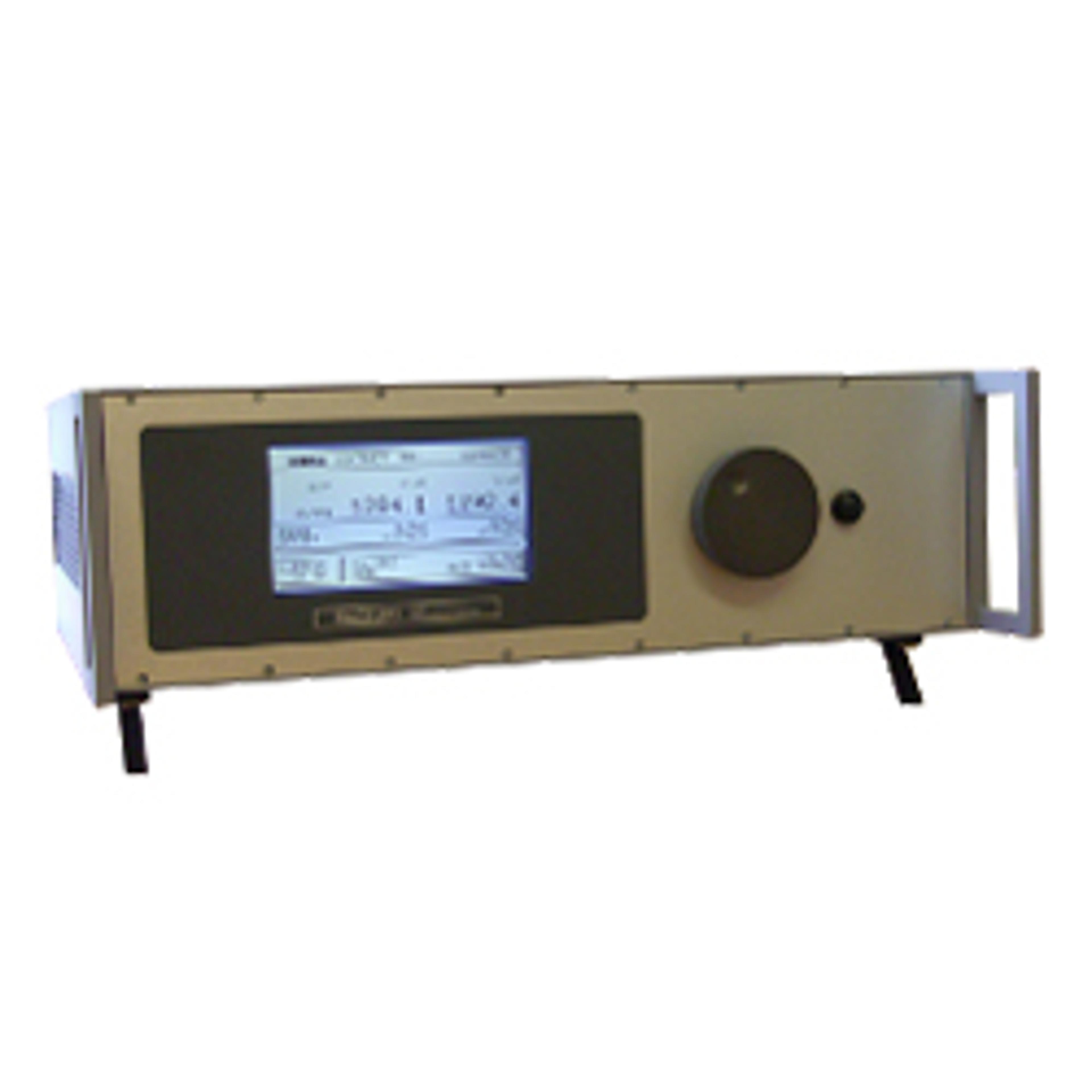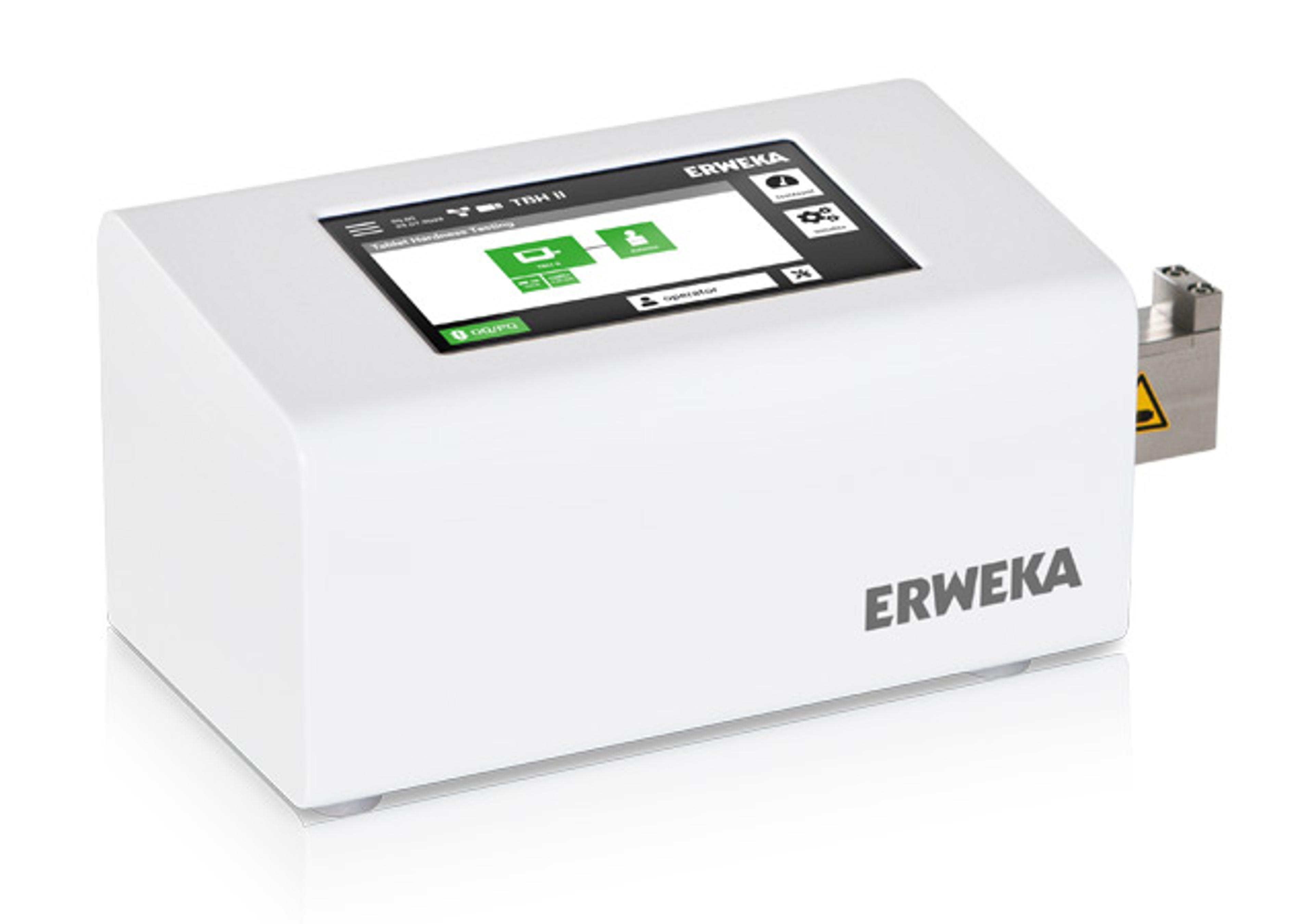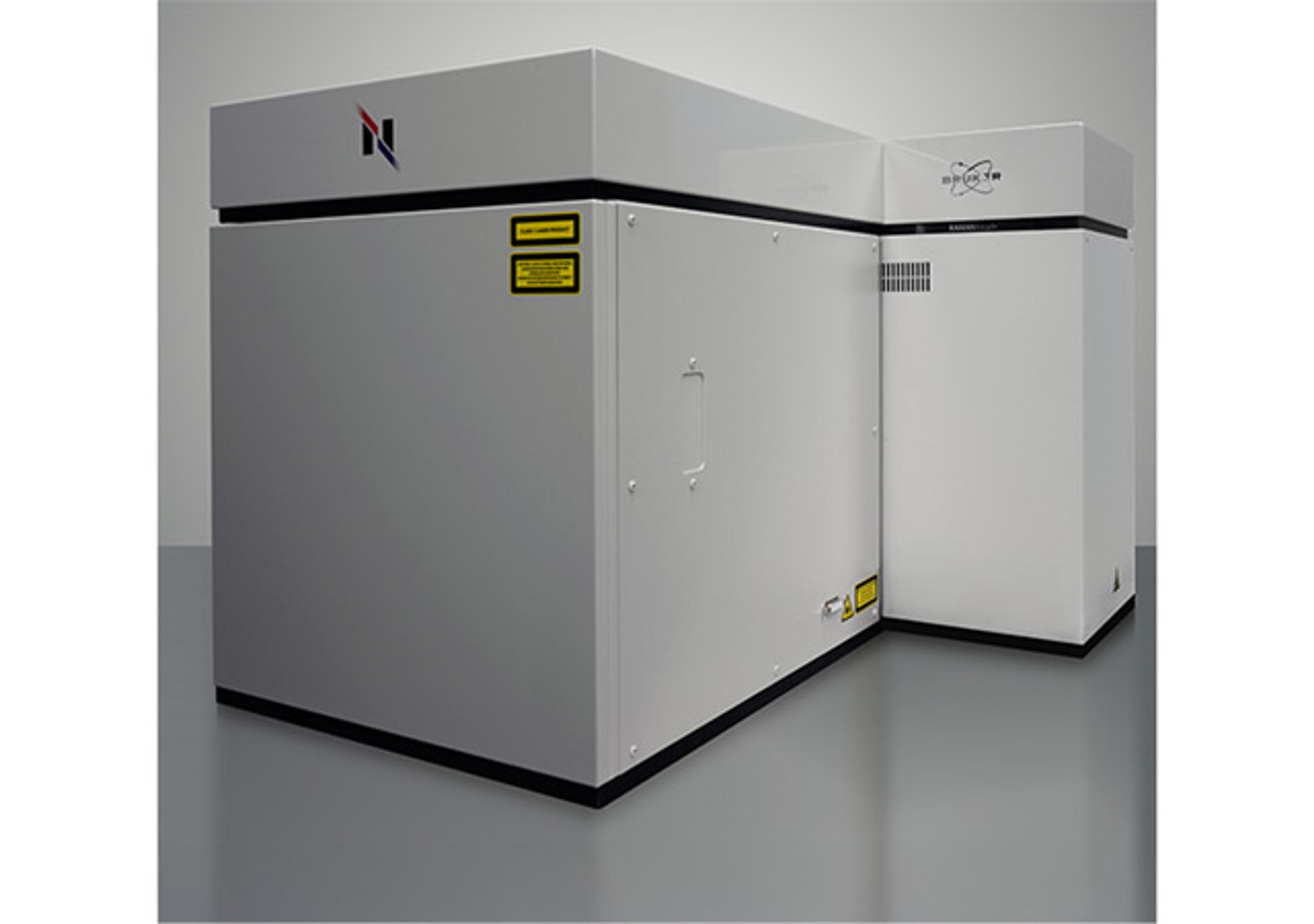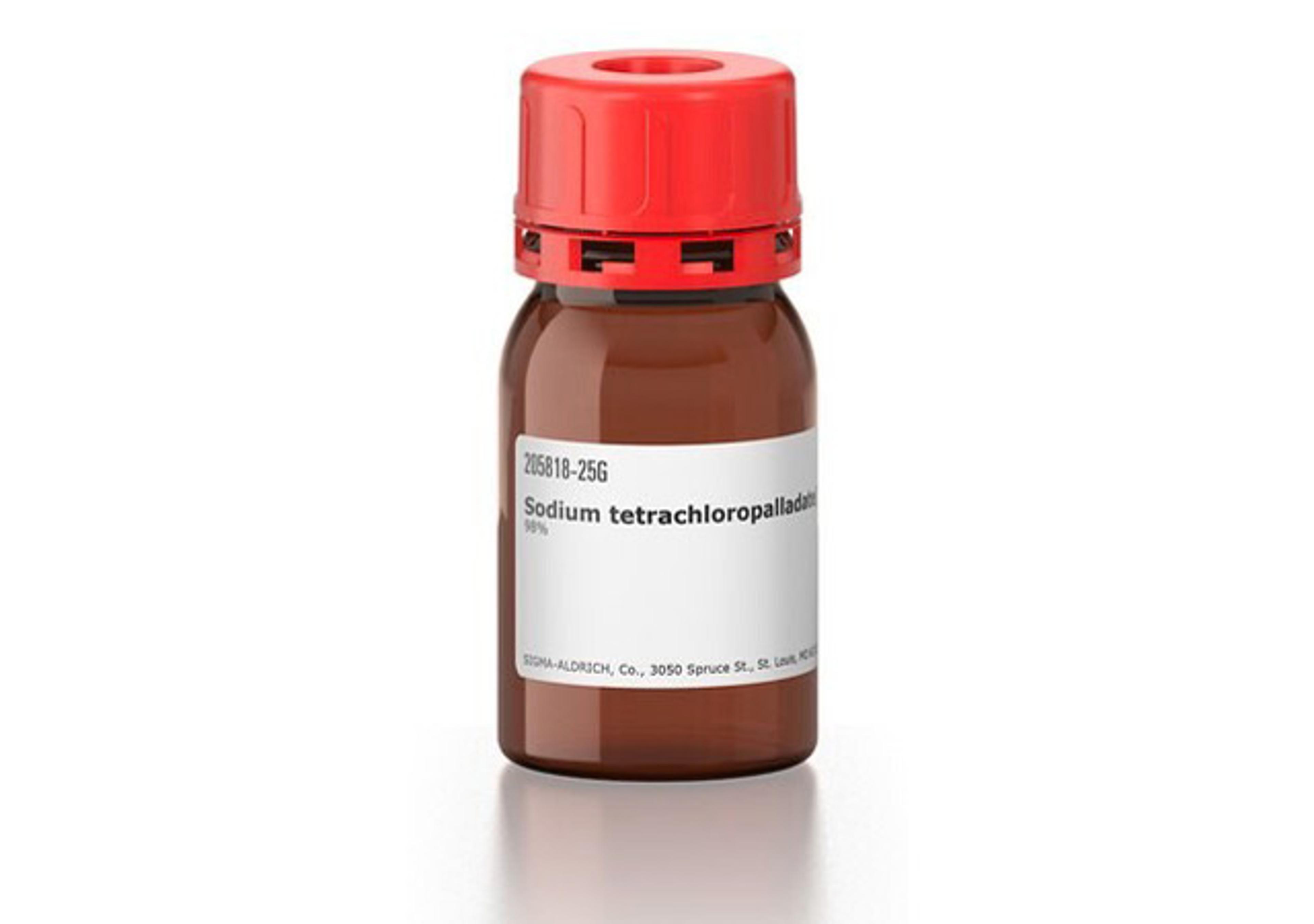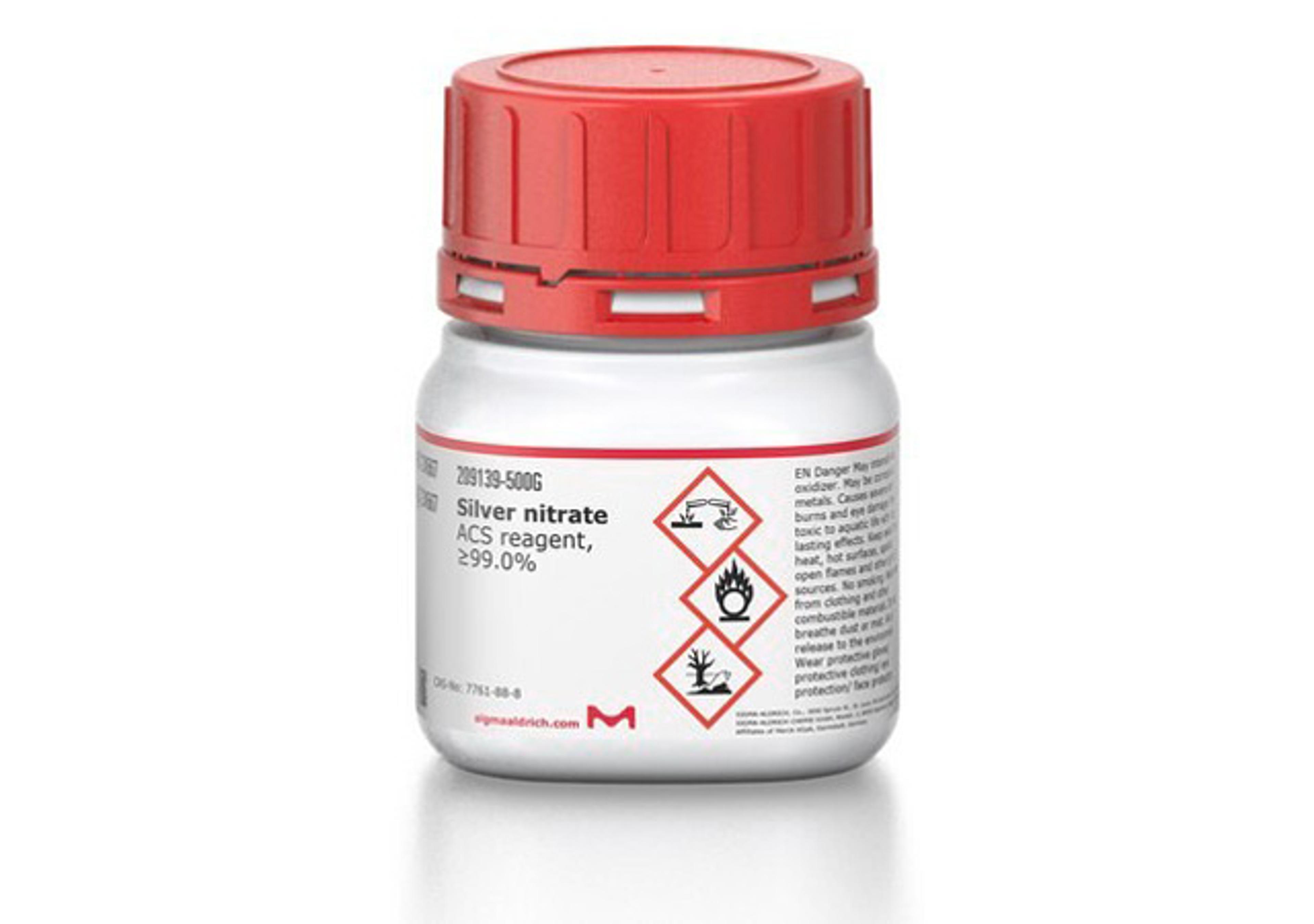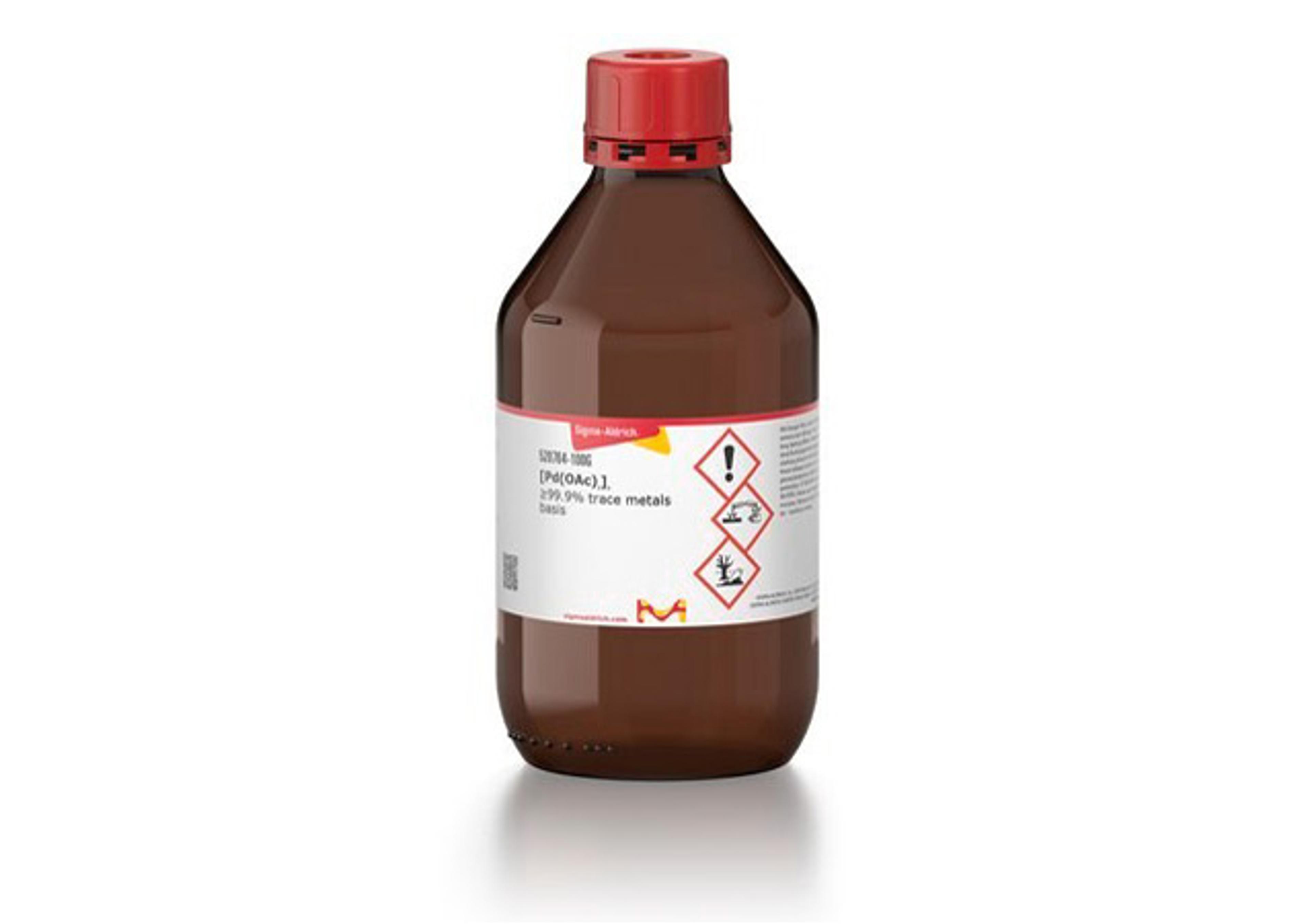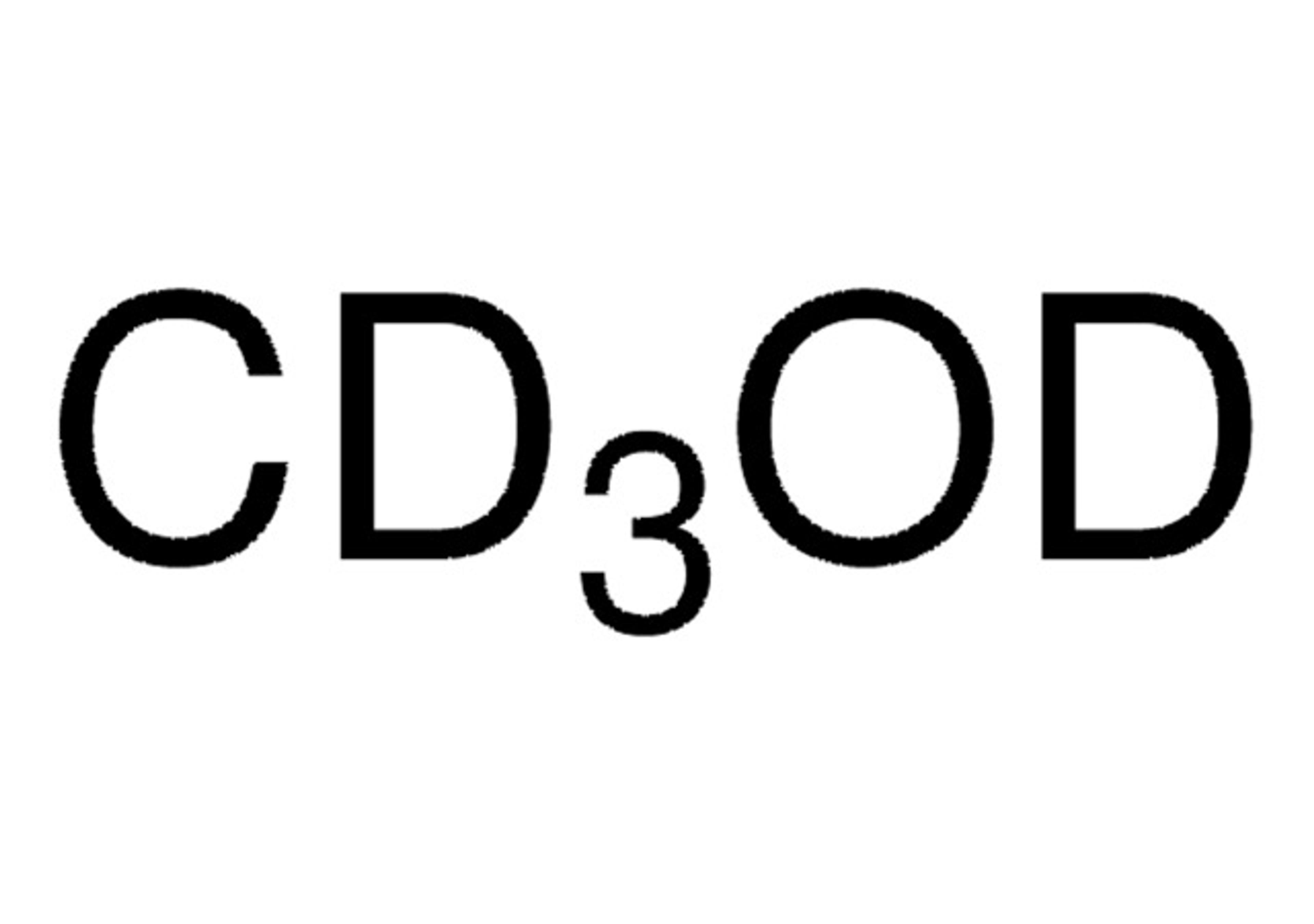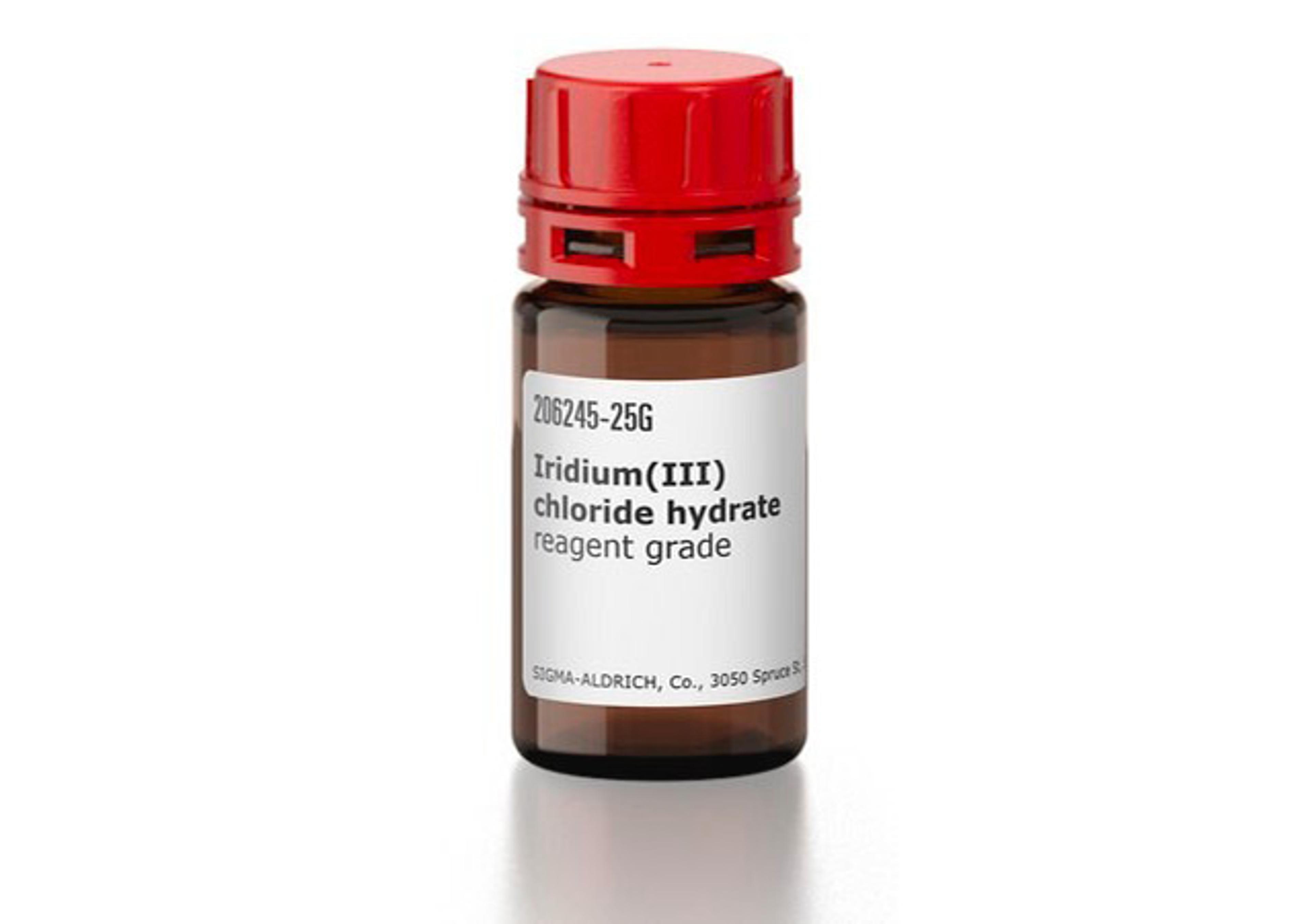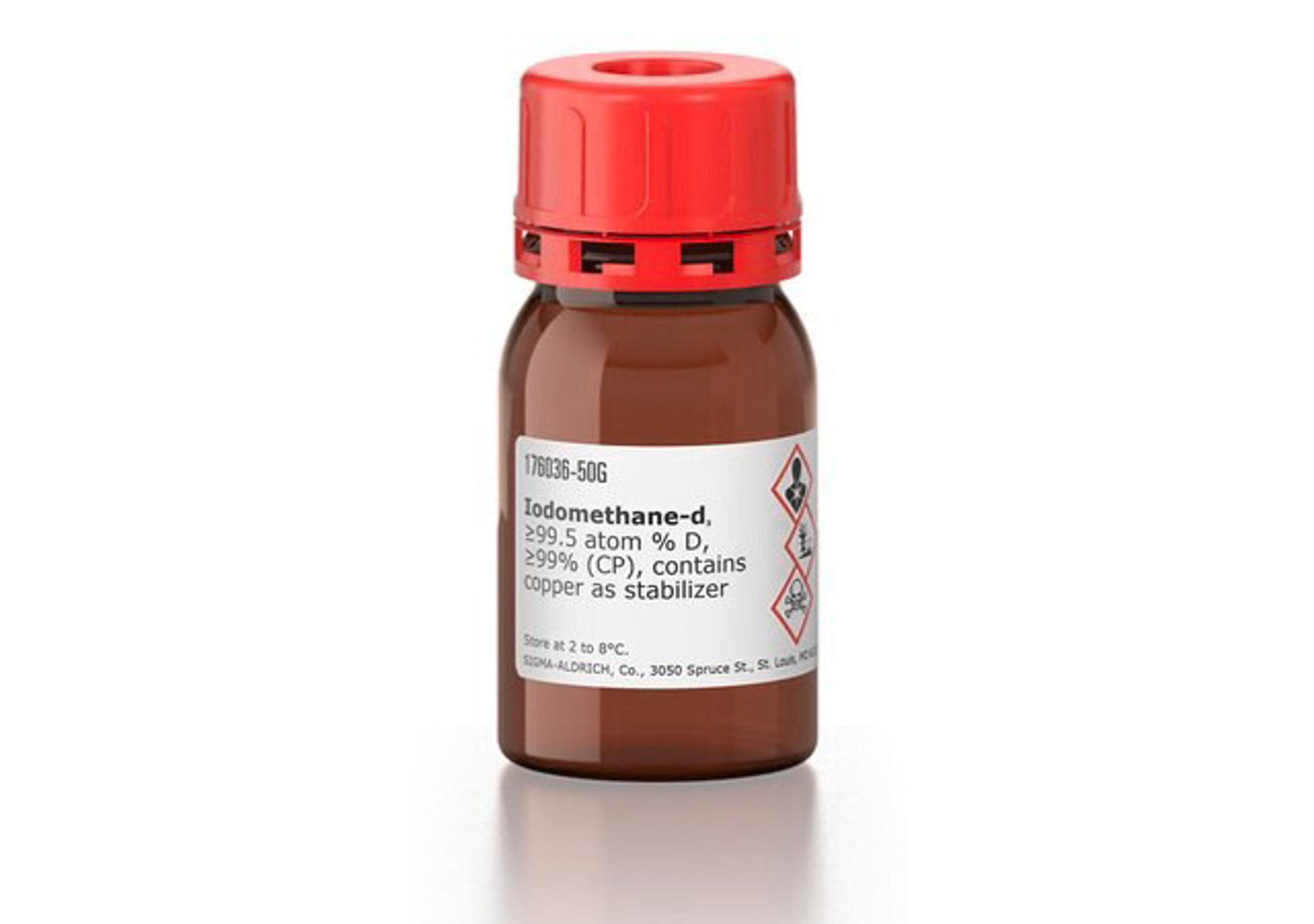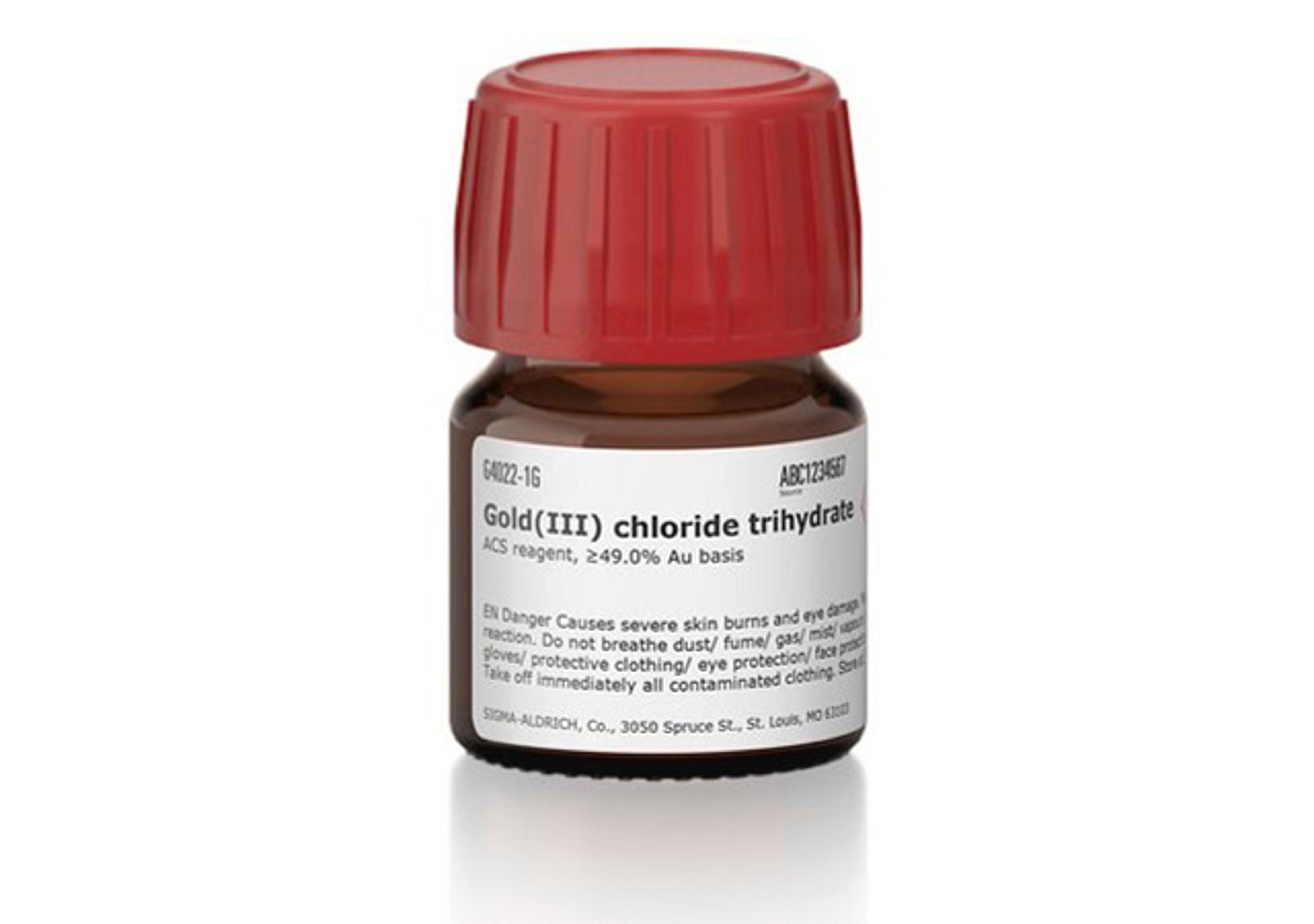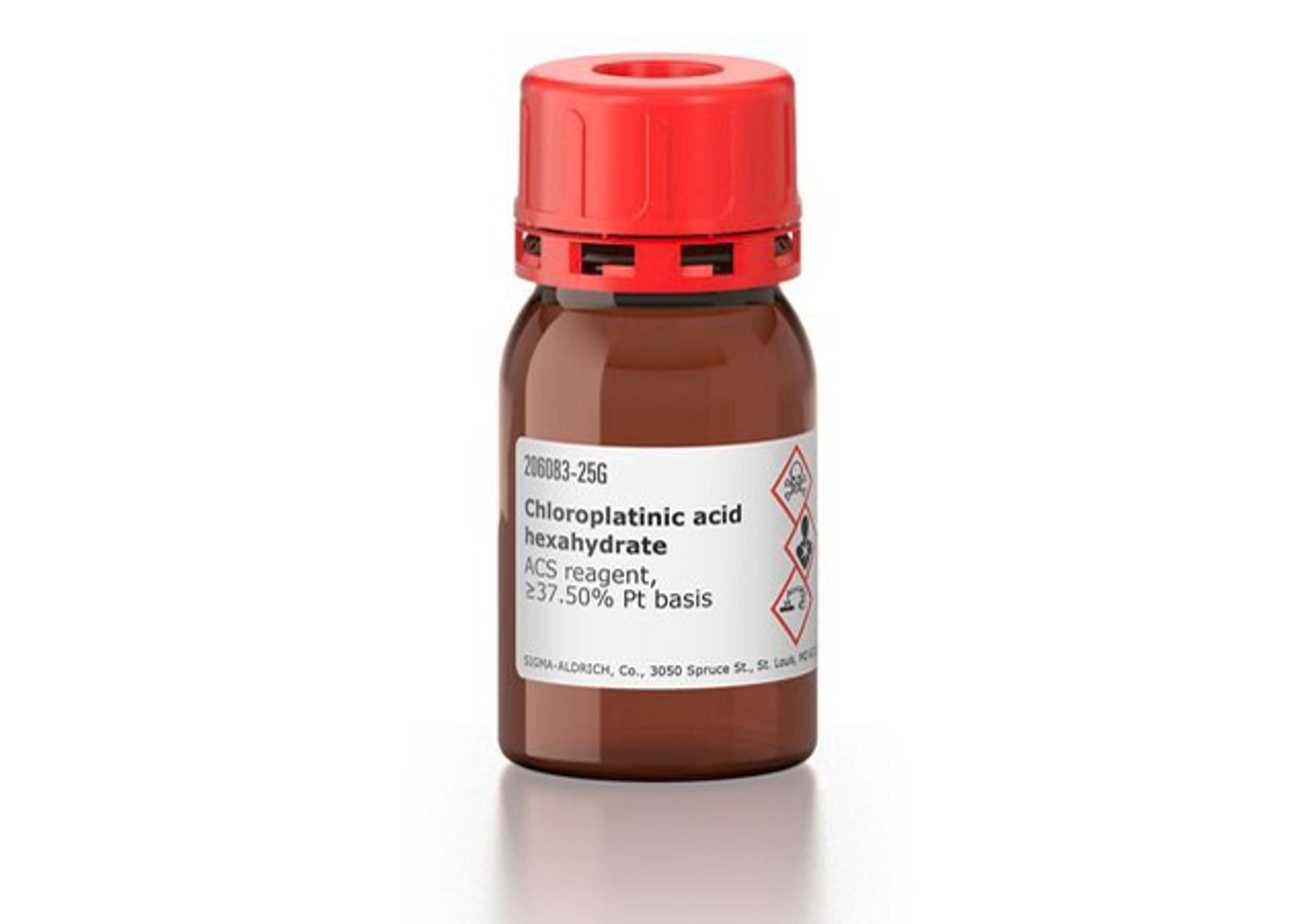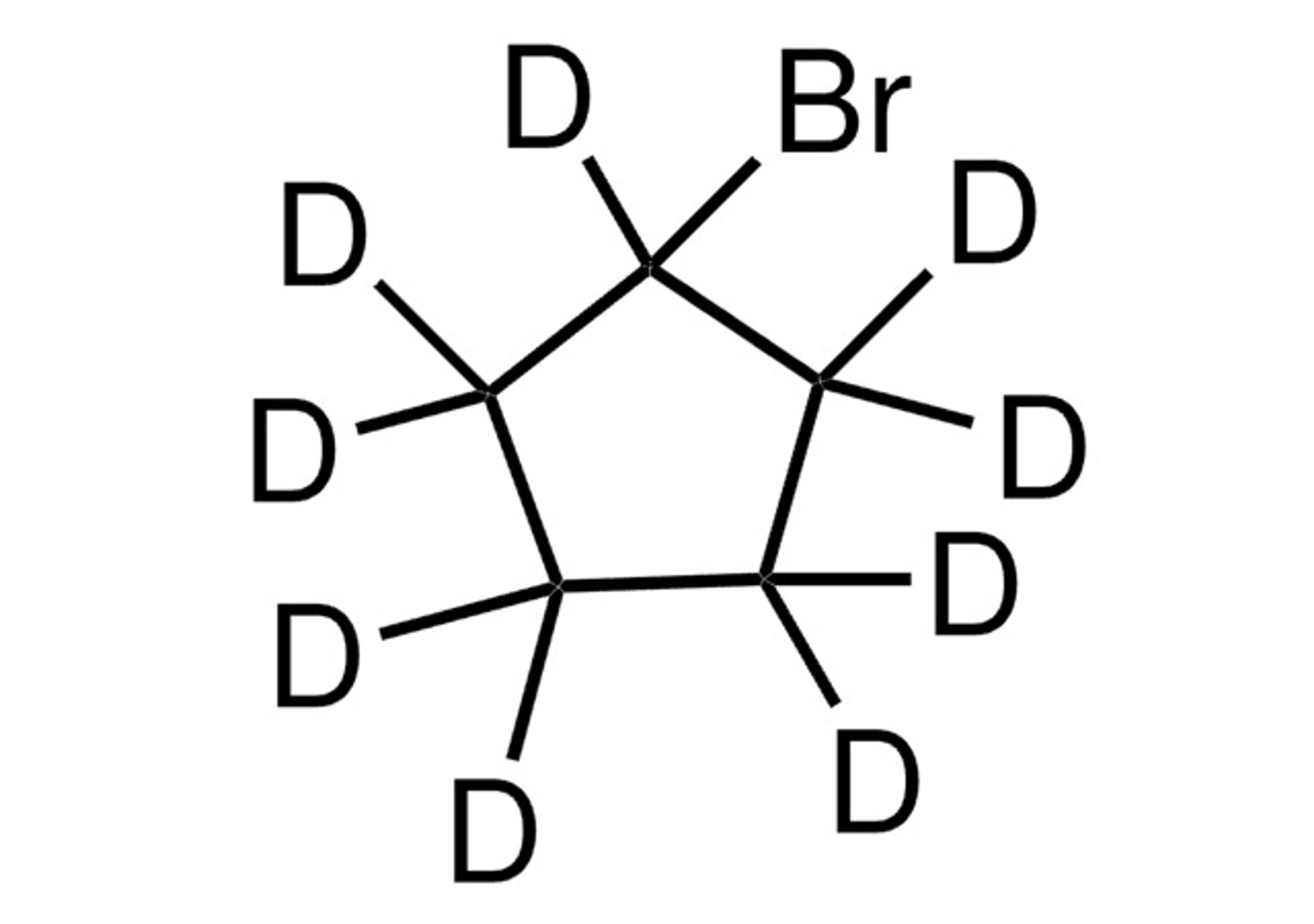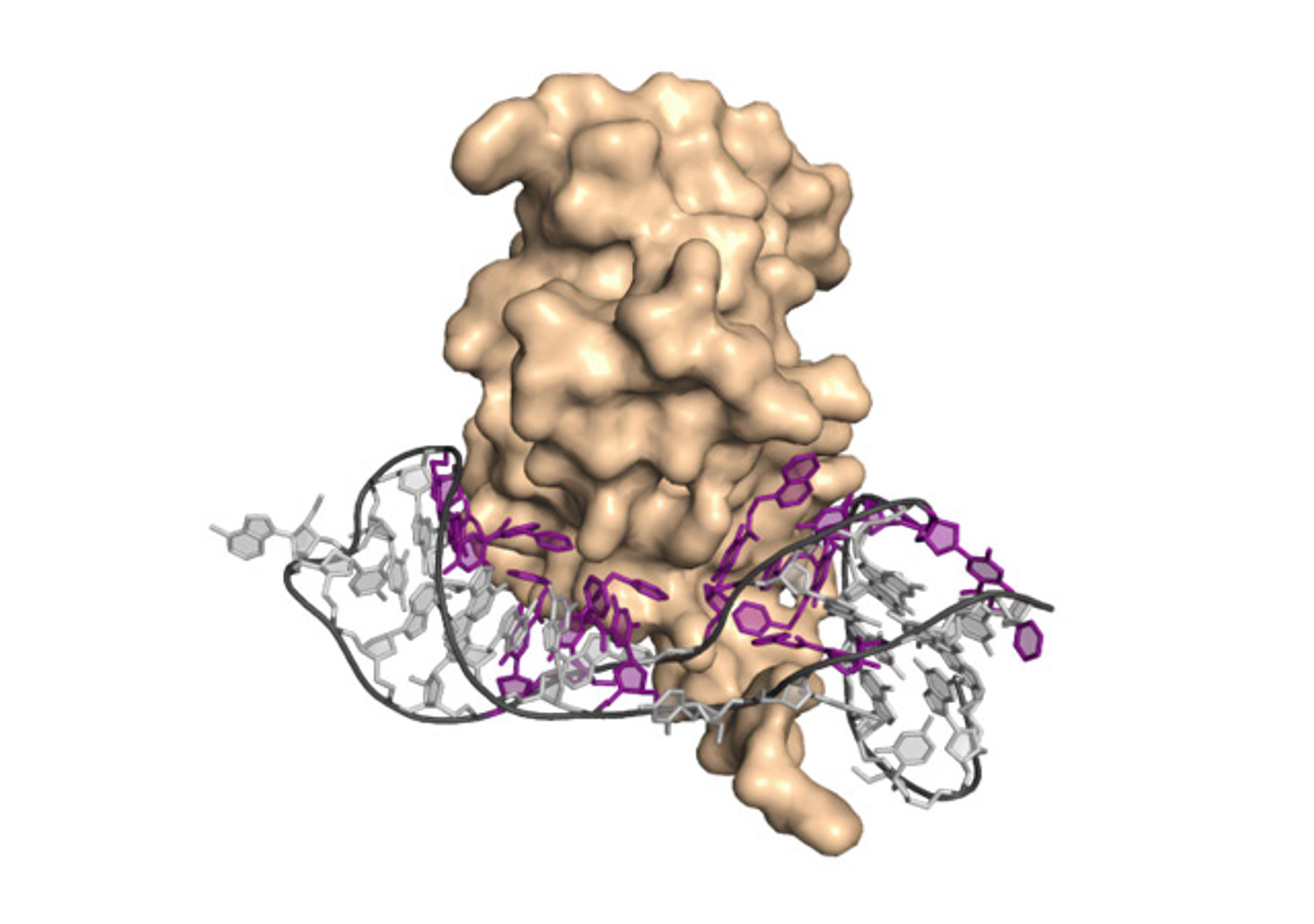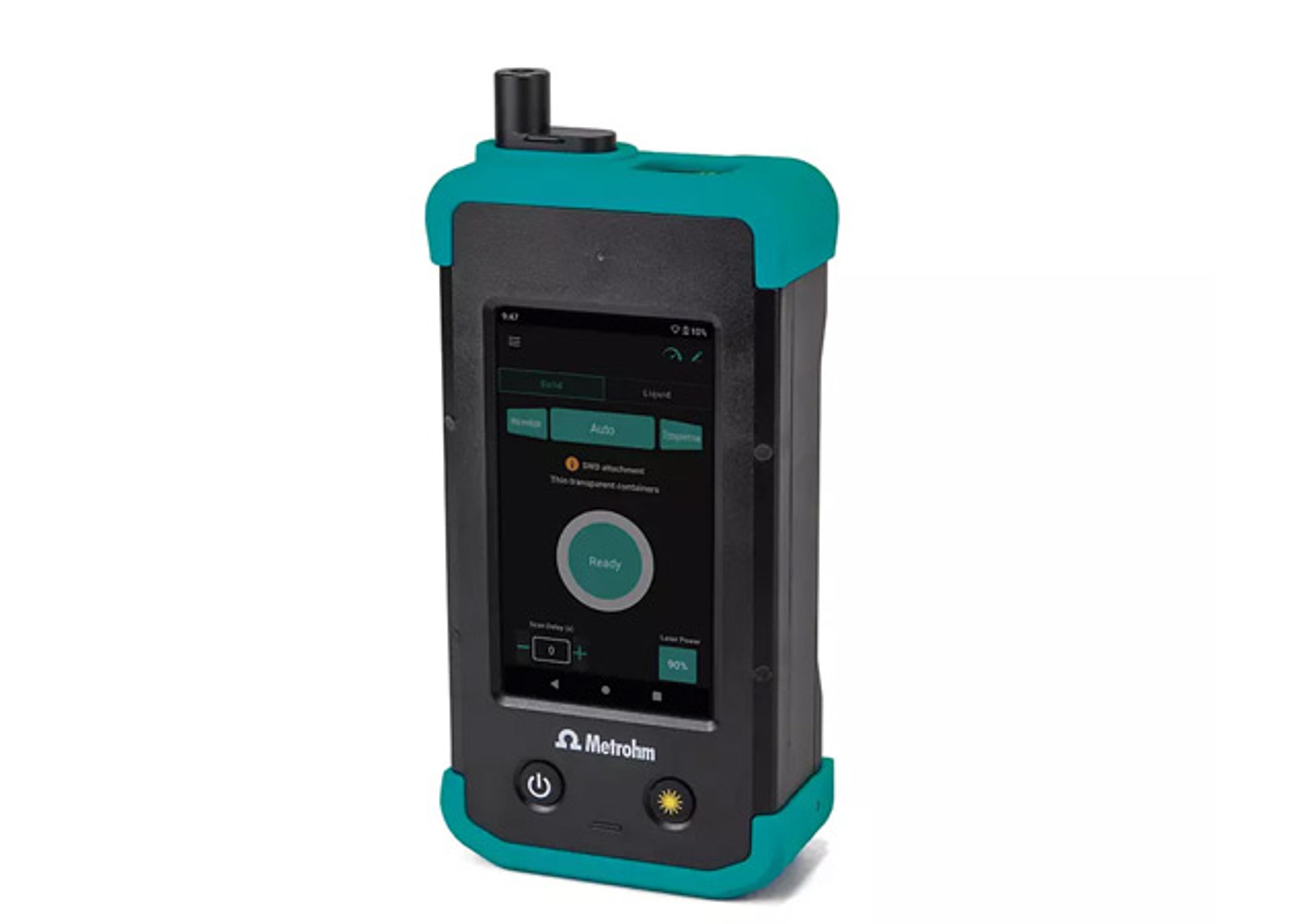DCM-2 DCPD CRACK GROWTH MONITOR
The DCM-2 is a modern microprocessor based instrument for measuring crack depth in metalsundergoing materials testing. Building on the success of the DCM-1 this unit takes on boardcustomer comments and suggestions, as shown in its impressive features list.It utilises the pulsed current potential drop method (DCPD) which is an established technique alsocovered by the ASTM 647 standard. The technique involves passing a constant…
The supplier does not provide quotations for this product through SelectScience. You can search for similar products in our Product Directory.
Convenient,easy to use,
Dynamic crack growth studies ,Crack closure studies
The DCM-1 is an advanced DCPD crack growth monitor that utilises the pulsed direct current technique to monitor the propagation of cracks within metal specimens undergoing mechanical testing. Its microprocessor based design and pulsed current facility have resulted in a compact and lightweight DC system for use in the laboratory. The DCM-1I is a fully floating version of the DCM-1. The DCM-1 is a two channel (reference and specimen) pulsed DCPD unit, housed in a portable enclosure that can either be bench or rack mounted. Z8 microprocessor controlled main unit with separate DC pre-amplifier unit. Cold cathode fluorescent backlit super twist LCD graphics panel, 240 x 128 pixels. Screen is very smooth,good picture,colleagues in the lab are also very satisfied by it. Sophisticated filtering options. The unit has 3 filter positions, OUT, 20mS or 200mS. High Current O/P, up to 50A. Variable in steps of 10mA. External pre-amplifiers for high SNR signal pickup.
Review Date: 23 Jun 2021 | Matelect
The DCM-2 is a modern microprocessor based instrument for measuring crack depth in metals
undergoing materials testing. Building on the success of the DCM-1 this unit takes on board
customer comments and suggestions, as shown in its impressive features list.
It utilises the pulsed current potential drop method (DCPD) which is an established technique also
covered by the ASTM 647 standard. The technique involves passing a constant current through the
metal under test and measuring the resultant voltage drop that is created across the specimen. The
presence of a growing defect will alter this voltage and by suitable calibration, a measure of the
defect depth can be obtained. DCPD is generally regarded as easier to set-up than ACPD, but care
is required to attain comparable crack depth resolutions due to the extra opportunity for
experimental noise.

